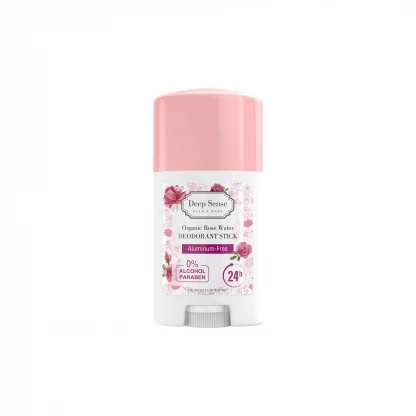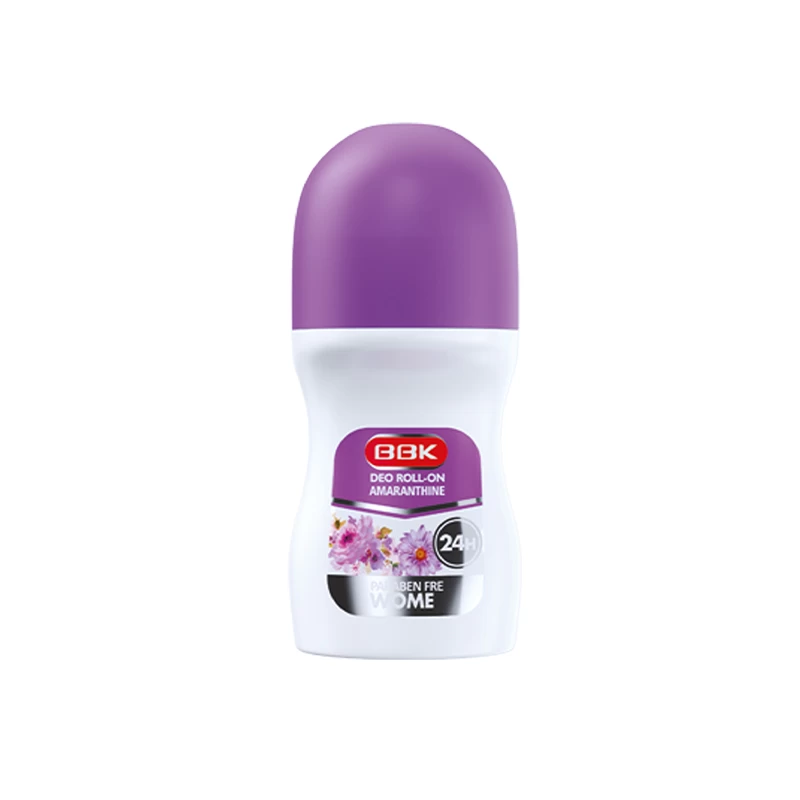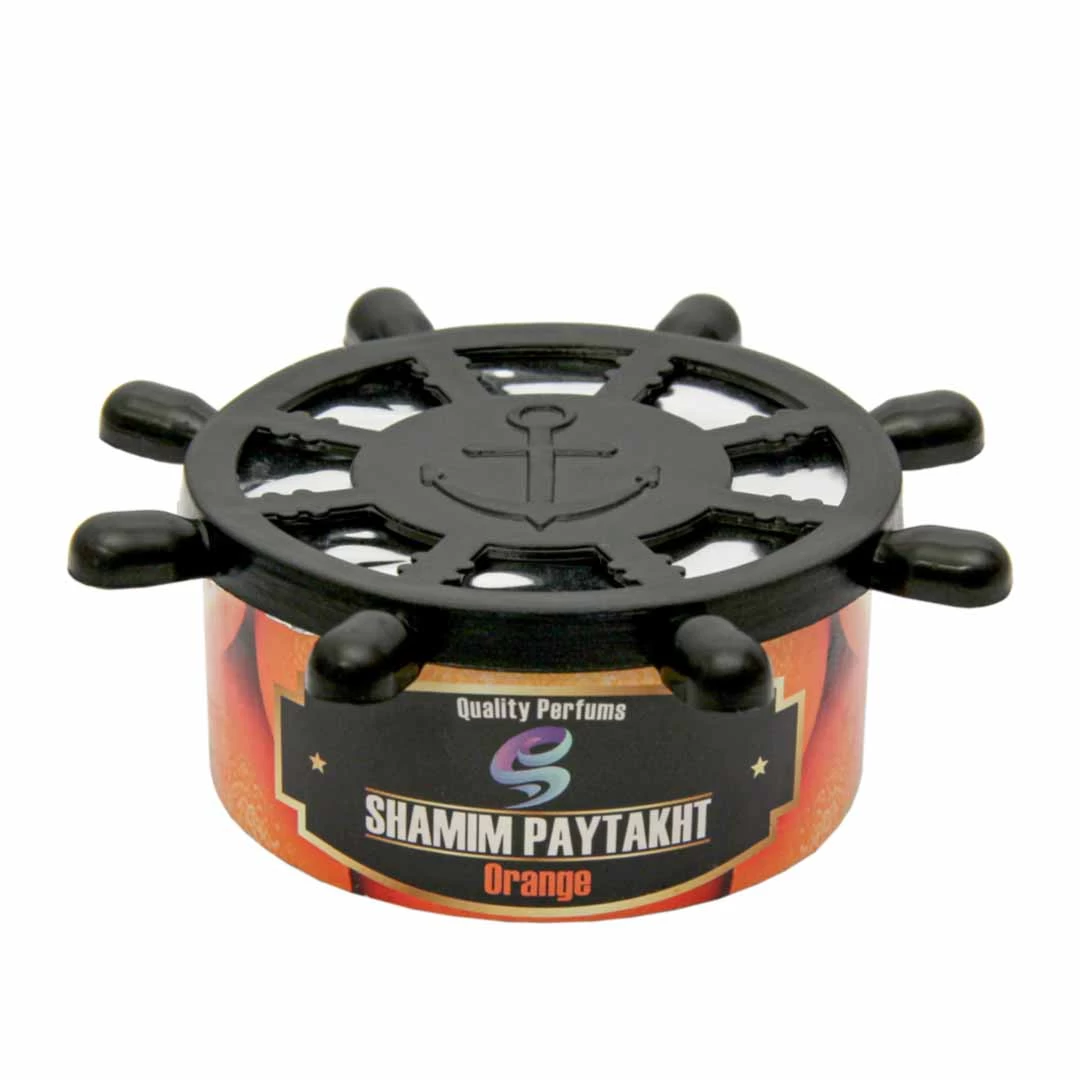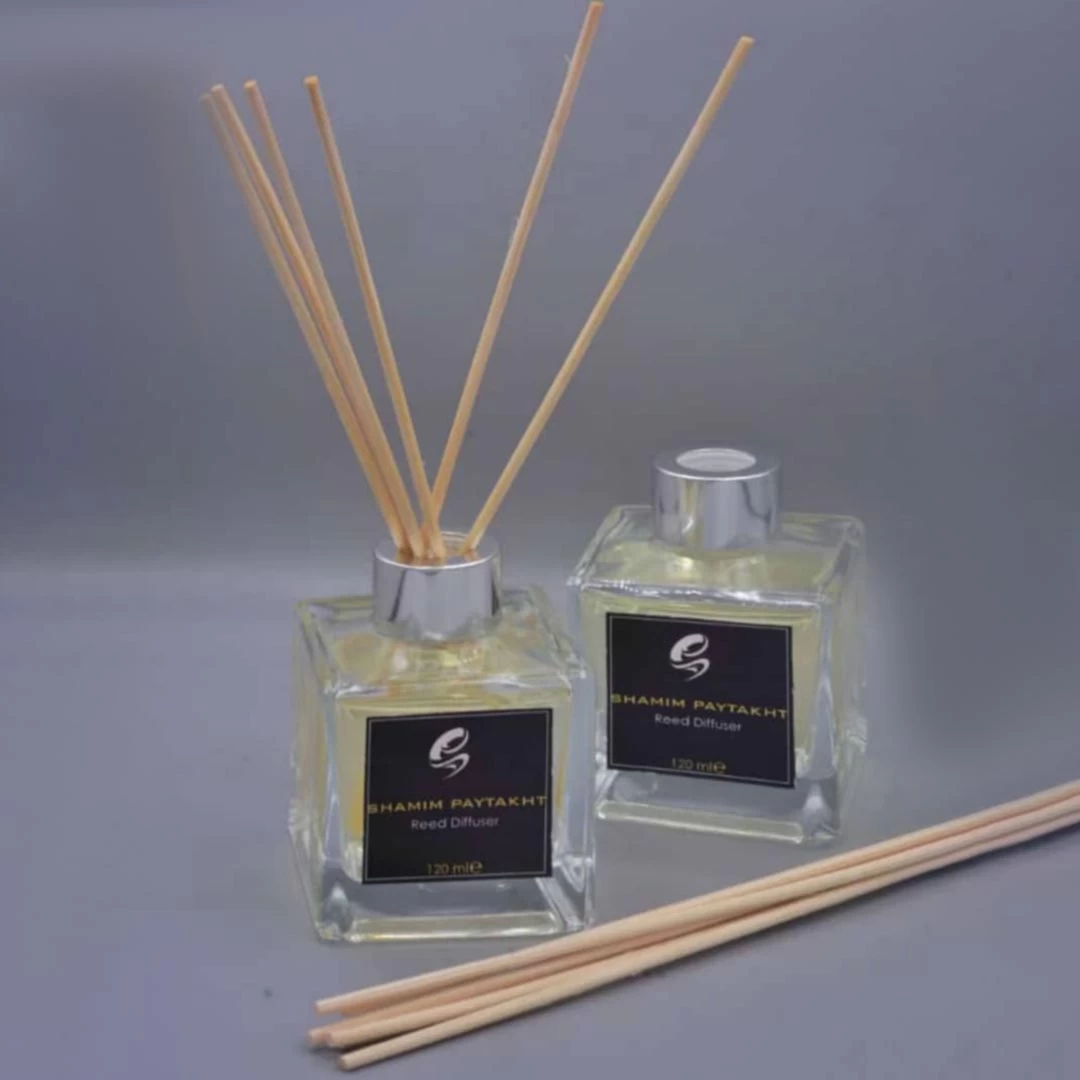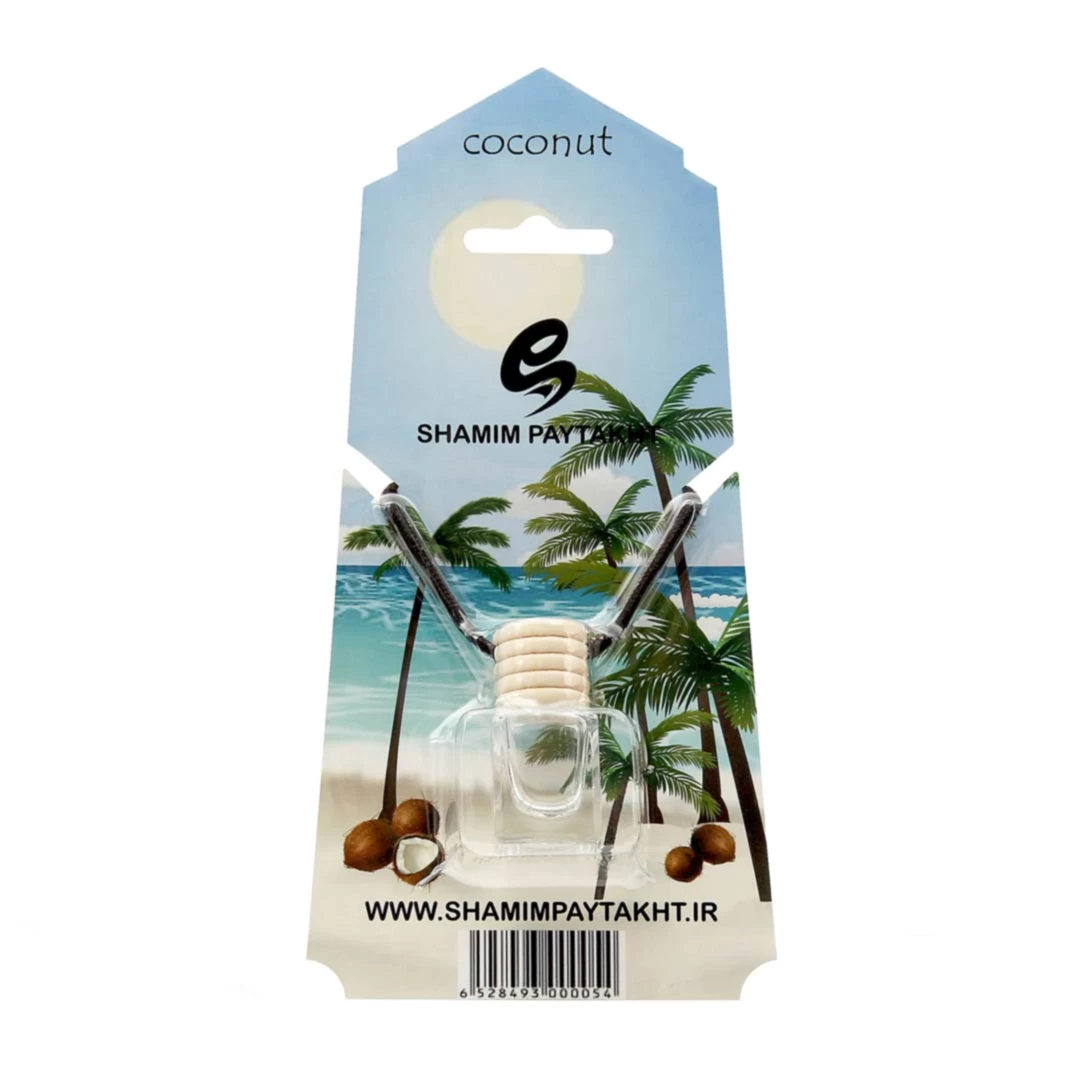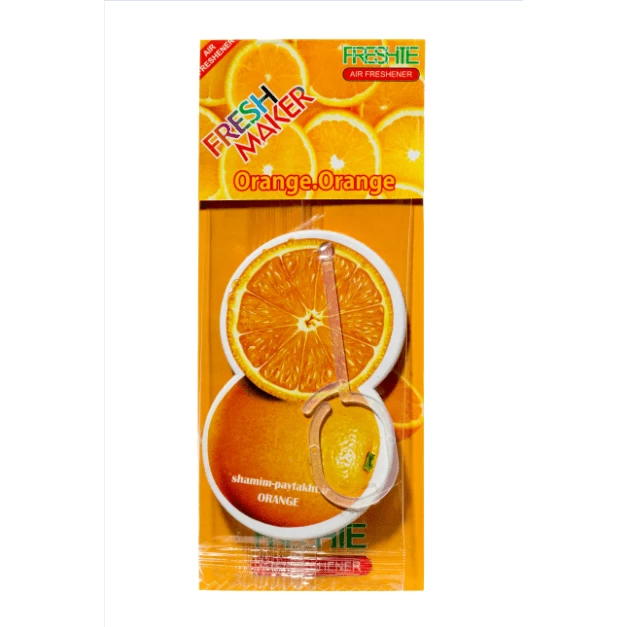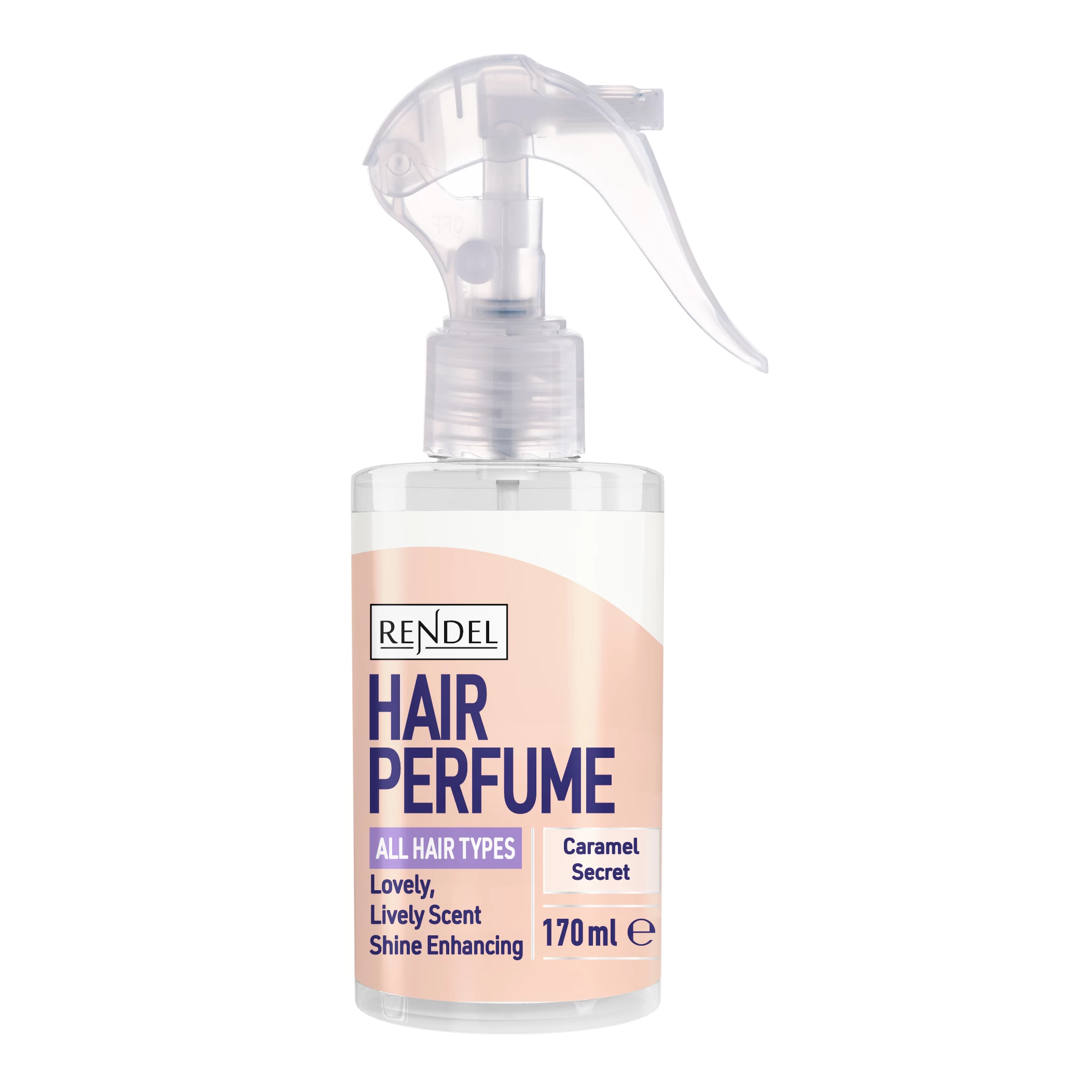Beauty & Personal Care
Beauty and personal products play a significant role in enhancing and maintaining one's physical appearance and well-being. The beauty industry encompasses a wide array of items, ranging from skincare and haircare to makeup and fragrances. These products are designed not only to enhance aesthetics but also to promote self-care and confidence.
Skincare products
Skincare products, such as cleansers, moisturizers, and serums, are essential for maintaining healthy skin. They address various concerns like hydration, aging, and acne, catering to diverse skin types. The evolving industry also embraces natural and sustainable ingredients, reflecting a growing awareness of environmental impact.
Haircare products, including shampoos, conditioners, and styling tools, contribute to the overall grooming routine. The diversity of hair types has led to specialized products catering to unique needs, promoting the idea that individual beauty comes in many forms.
Makeup serves as a form of self-expression, allowing individuals to highlight their features and experiment with different looks. From foundation to eyeshadows and lipsticks, makeup empowers people to embrace creativity and define their own standards of beauty.
Fragrances, another aspect of personal care, offer a sensory experience that can influence mood and leave a lasting impression. Perfumes and colognes have become an integral part of personal identity, contributing to the way individuals present themselves to the world.
Fragrances, another category of beauty products, contribute to personal identity and leave a lasting impression. Scents can influence mood and evoke emotions, enhancing the overall experience of self-expression and interaction with others.
In a societal context, beauty standards have been deeply ingrained, and the use of beauty products often aligns with these standards. While there is a growing movement towards embracing diverse standards of beauty, the significance of beauty products in daily life is still influenced by societal norms and individual preferences.
1. Enhanced Appearance: One primary purpose is to enhance physical appearance. Skincare products address issues like blemishes and aging, while makeup helps highlight and define facial features. Haircare products contribute to well-groomed and styled hair, collectively contributing to a polished look.
2. Self-Expression: Beauty products serve as tools for self-expression. Makeup, in particular, allows individuals to showcase their creativity and define their personal style. The colors, textures, and styles chosen contribute to an outward expression of one's identity.
3. Boosted Confidence: Using beauty products often correlates with increased confidence. When individuals feel good about their appearance, it can positively impact their self-esteem and how they present themselves in various social situations.
4. Hygiene and Health: Skincare and haircare products contribute to maintaining good hygiene and health. Cleansers and moisturizers, for example, help prevent skin issues, while shampoos and conditioners contribute to scalp and hair health.
5. Sensory Experience:Fragrances add a sensory dimension to personal care. Pleasant scents from perfumes and colognes can evoke positive emotions, influence mood, and leave a lasting impression.
6. Well-Being:Engaging in a beauty routine, whether it involves skincare, makeup, or haircare, can contribute to a sense of well-being. Taking time for self-care fosters a positive relationship with oneself and may serve as a form of relaxation and stress relief.

While the purpose of beauty products varies among individuals, these products collectively play a role in personal care, self-expression, and societal interactions, contributing to both physical and emotional well-being.
People love beauty products for a variety of reasons, reflecting both practical and emotional aspects of their lives.
1. Self-Expression:Beauty products provide a means for self-expression. Makeup, in particular, allows individuals to showcase their creativity, experiment with different looks, and express their unique identity.
2. Confidence Boost:Using beauty products often results in an enhanced appearance, which, in turn, can boost confidence. Feeling good about one's physical appearance contributes to a positive self-image and increased self-assurance in various social situations.
3. Well-Being Rituals:Engaging in beauty routines can be a form of self-care. Whether it's applying skincare products, styling hair, or using fragrances, these rituals can contribute to a sense of well-being and relaxation.
4. Social Norms and Expectations: Societal norms and expectations regarding beauty play a role. People may use beauty products to conform to these standards, seeking acceptance and fitting into cultural ideals of attractiveness.
5. Personal Satisfaction:The act of using beauty products can be personally satisfying. Achieving a desired look or maintaining healthy skin and hair can provide a sense of accomplishment and satisfaction.
6. Creative Outlet: For many, applying makeup is a creative outlet. It allows individuals to play with colors, textures, and styles, expressing themselves artistically on their own canvas.
7. Sensory Pleasure: Fragrances in beauty products offer a sensory experience. Pleasant scents can evoke positive emotions, create a sense of comfort, and enhance the overall user experience.
8. Individual Preferences: Beauty products cater to diverse preferences and needs. With a wide range of options available, individuals can choose products that align with their personal tastes, skin types, and style preferences.
9. Marketing and Trends: Influences from marketing, trends, and social media also contribute to the appeal of beauty products. Discovering new products or following beauty influencers can create a sense of excitement and drive consumer interest.
In summary, people love beauty products for the diverse range of benefits they offer, from self-expression and confidence-building to personal satisfaction and well-being. The beauty industry's ability to cater to individual preferences and evolving trends further enhances its appeal.

beauty and personal care products
Several important beauty and personal care products cater to various aspects of grooming, hygiene, and well-being. Here are some key categories and examples:
1. Skincare:
- Cleansers: To remove dirt and impurities from the skin.
- Moisturizers: Hydrate and nourish the skin, preventing dryness.
- Sunscreen: Protects against harmful UV rays and prevents sun damage.
- Serums: Target specific skin concerns like aging, pigmentation, or acne.
2. Makeup:
- Foundation: Evens out skin tone and provides a base for makeup.
- Mascara: Lengthens and volumizes eyelashes.
- Lipstick/Lip Gloss: Adds color and texture to the lips.
- Eyeshadow: Enhances eye appearance with various colors.
3. Haircare:
- Shampoo: Cleanses the hair and scalp.
- Conditioner: Adds moisture, detangles, and softens the hair.
- Hair Styling Products: Including gels, mousses, and sprays for styling.
- Hair Oil: Nourishes and adds shine to the hair.
4. Fragrances:
- Perfumes and Colognes: Provide a pleasant scent for the body.
5. Personal Hygiene:
- Toothpaste and Toothbrush: Essential for oral hygiene.
- Deodorant: Controls body odor.
- Soap or Body Wash: Cleanses the body during showers.
6. Tools and Accessories:
- Makeup Brushes: Aid in the application of makeup products.
- Hair Tools: Including hairdryers, straighteners, and curling irons.
- Nail Care Kit: Clippers, files, and polish for nail maintenance.
7. Men's Grooming:
- Shaving Cream/Gel: For a smooth and comfortable shave.
- Aftershave: Soothes the skin post-shaving.
- Beard Care Products: Including oils, balms, and trimmers.
8. Specialized Treatments:
- Face Masks: Provide targeted treatments for specific skin concerns.
- Exfoliants: Help remove dead skin cells for smoother skin.
9. Personal Wellness:
- Bath Salts and Oils: Enhance bath time for relaxation.
- Aromatherapy Products: Essential oils and diffusers for mood enhancement.
Fragrances, another category of beauty products, contribute to personal identity and leave a lasting impression. Scents can influence mood and evoke emotions, enhancing the overall experience of self-expression and interaction with others.

People love beauty products for a variety of reasons, reflecting both practical and emotional aspects of their lives.

- Cleansers: To remove dirt and impurities from the skin.
- Moisturizers: Hydrate and nourish the skin, preventing dryness.
- Sunscreen: Protects against harmful UV rays and prevents sun damage.
- Serums: Target specific skin concerns like aging, pigmentation, or acne.
- Foundation: Evens out skin tone and provides a base for makeup.
- Mascara: Lengthens and volumizes eyelashes.
- Lipstick/Lip Gloss: Adds color and texture to the lips.
- Eyeshadow: Enhances eye appearance with various colors.
- Shampoo: Cleanses the hair and scalp.
- Conditioner: Adds moisture, detangles, and softens the hair.
- Hair Styling Products: Including gels, mousses, and sprays for styling.
- Hair Oil: Nourishes and adds shine to the hair.
- Perfumes and Colognes: Provide a pleasant scent for the body.
- Toothpaste and Toothbrush: Essential for oral hygiene.
- Deodorant: Controls body odor.
- Soap or Body Wash: Cleanses the body during showers.
- Makeup Brushes: Aid in the application of makeup products.
- Hair Tools: Including hairdryers, straighteners, and curling irons.
- Nail Care Kit: Clippers, files, and polish for nail maintenance.
- Shaving Cream/Gel: For a smooth and comfortable shave.
- Aftershave: Soothes the skin post-shaving.
- Beard Care Products: Including oils, balms, and trimmers.
- Face Masks: Provide targeted treatments for specific skin concerns.
- Exfoliants: Help remove dead skin cells for smoother skin.
- Bath Salts and Oils: Enhance bath time for relaxation.
- Aromatherapy Products: Essential oils and diffusers for mood enhancement.
FAQs
Why are beauty and personal products important for women?
Enhance appearance, boost confidence, and promote self-expression.
Does beauty help in life?
Boosts confidence, impacts perception, and contributes to well-being.
What are 5 important personal and beauty products?
1. Moisturizer 2. Mascara 3. Toothpaste 4. Shampoo 5. Deodorant
Does cosmetic products have any disadvantages?
Possible skin reactions, environmental impact, and reliance on appearance.
 +7929688-88-14
+7929688-88-14

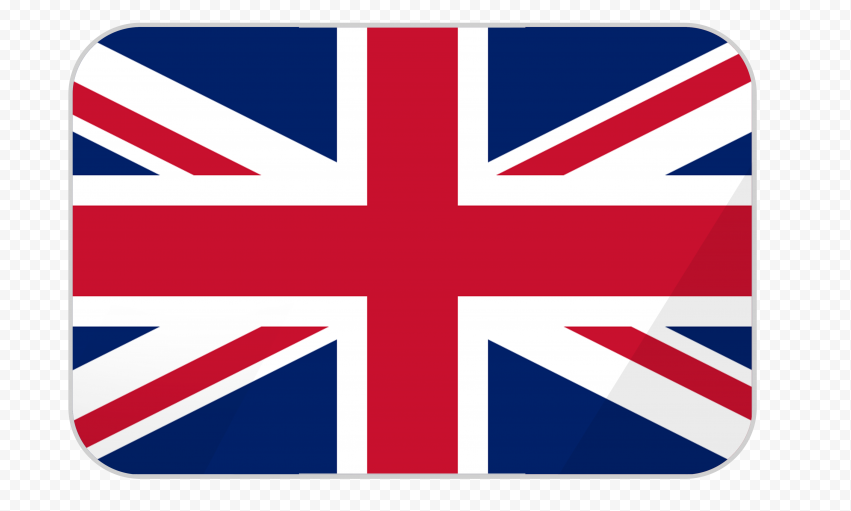 English
English
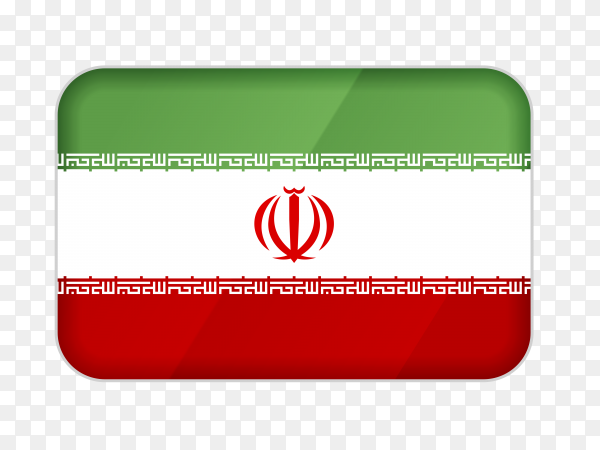 Persian
Persian
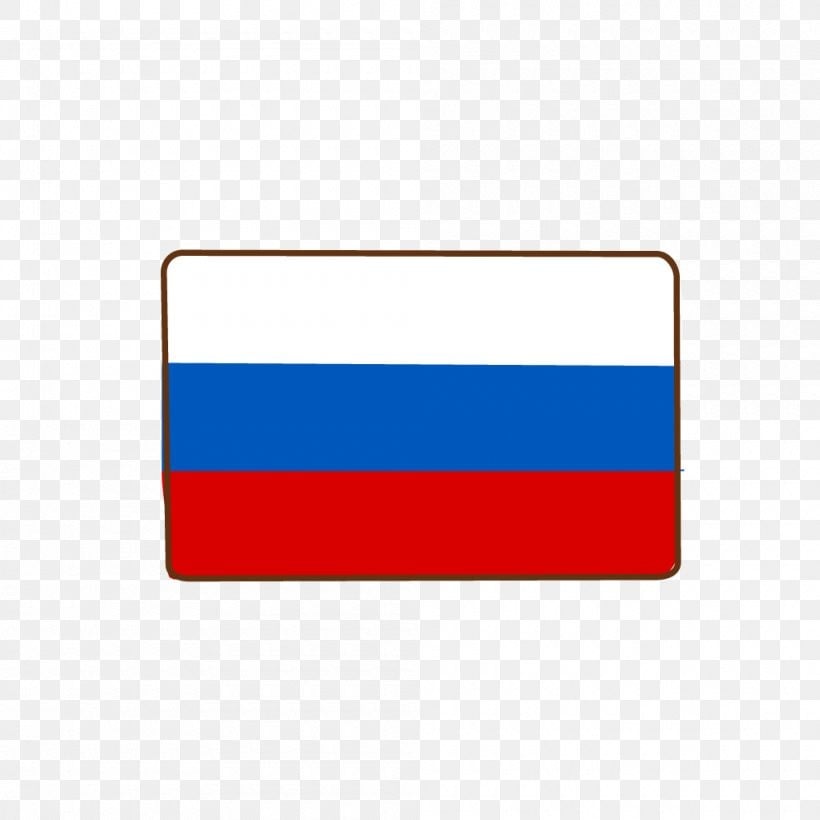 Russian
Russian
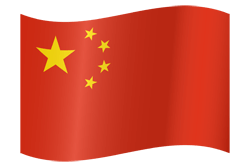 Chinese
Chinese


 +7929688-88-14
+7929688-88-14

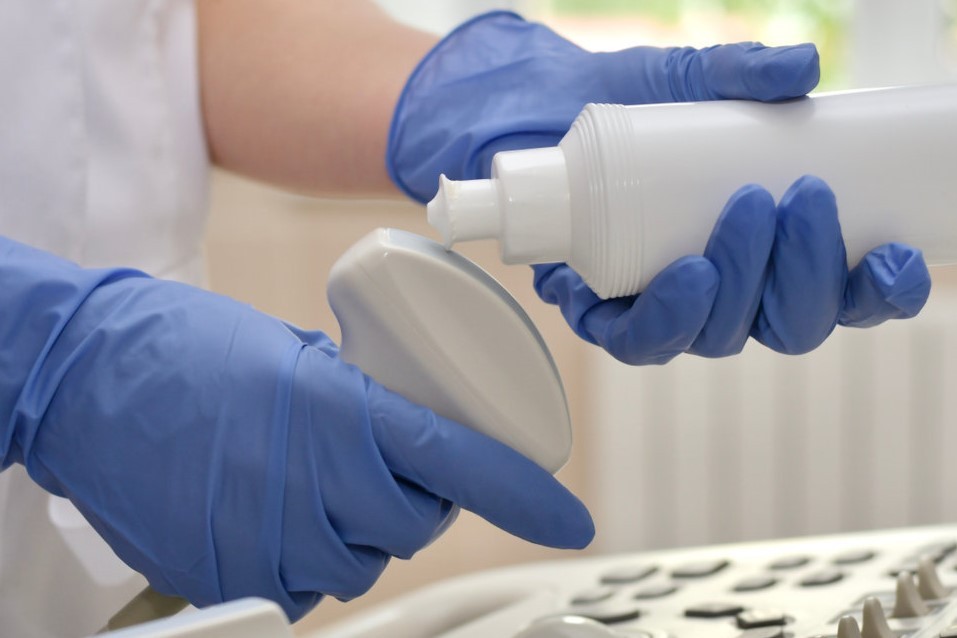
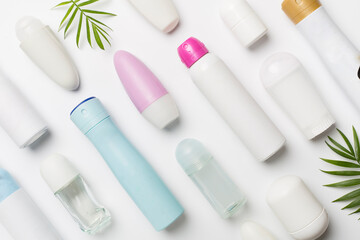
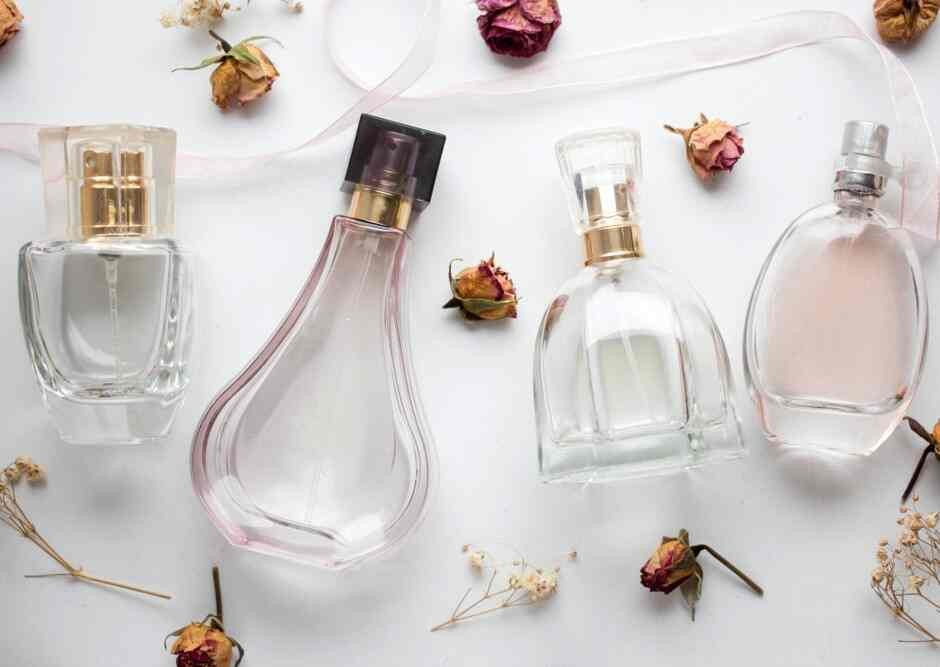
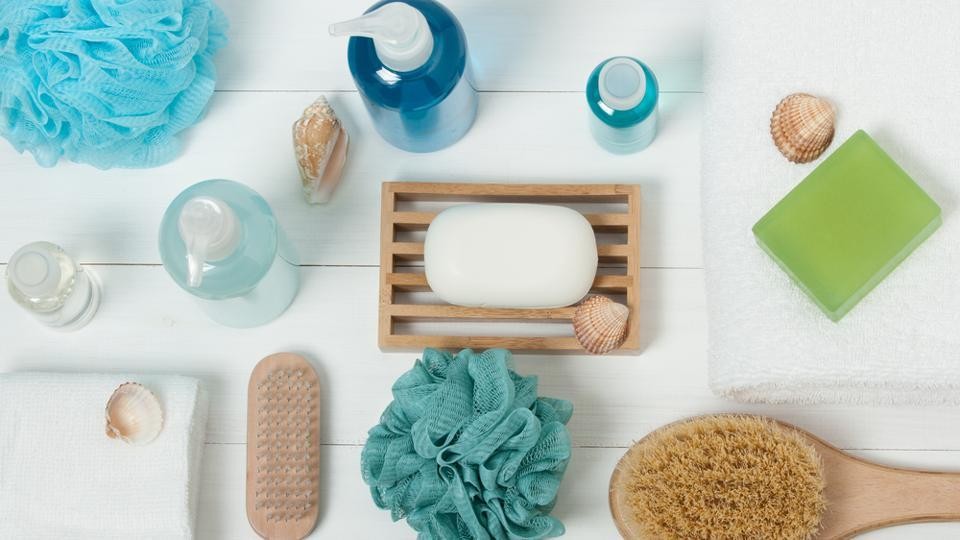
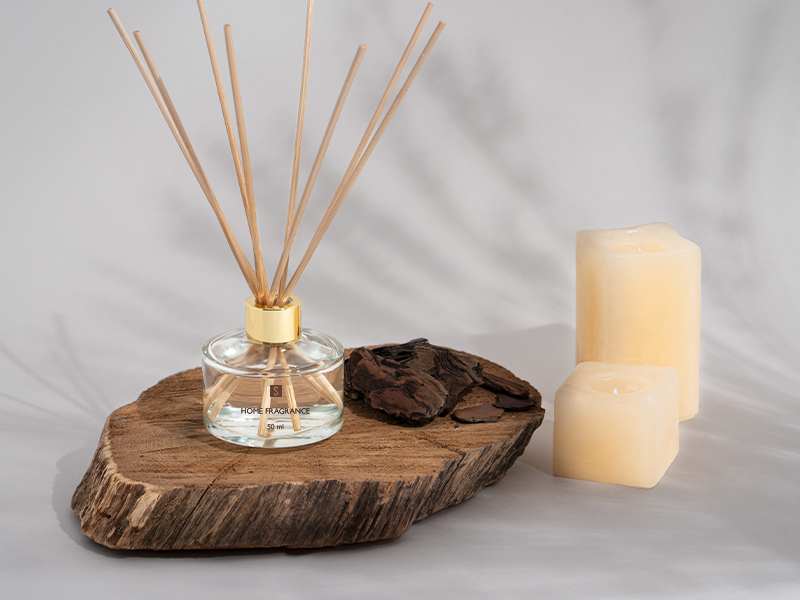
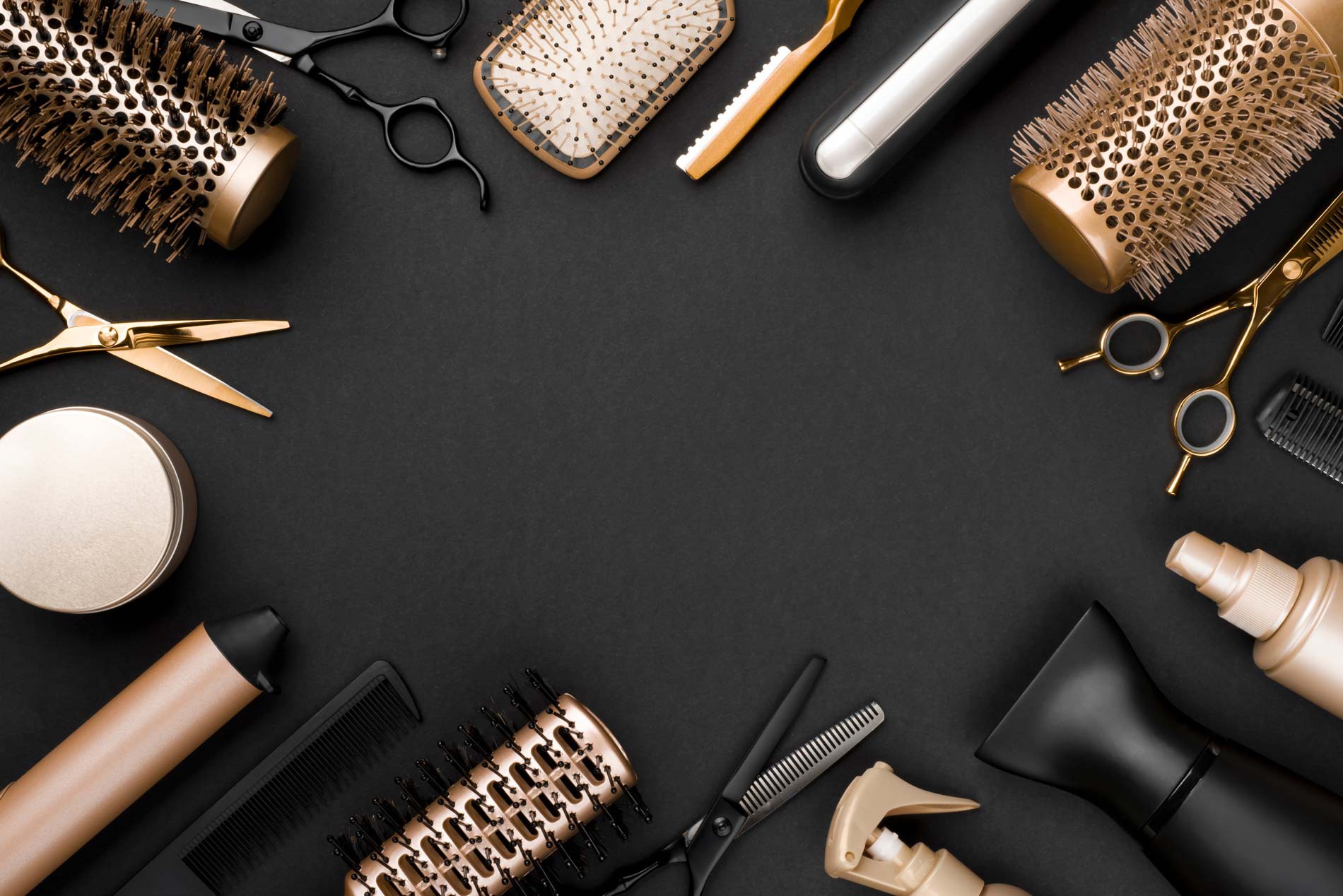
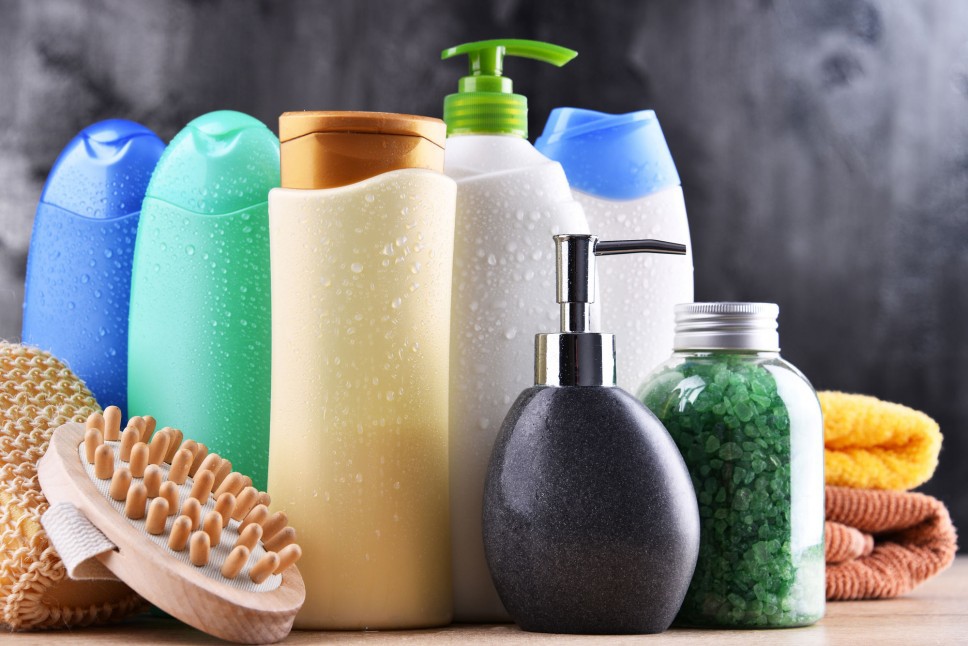
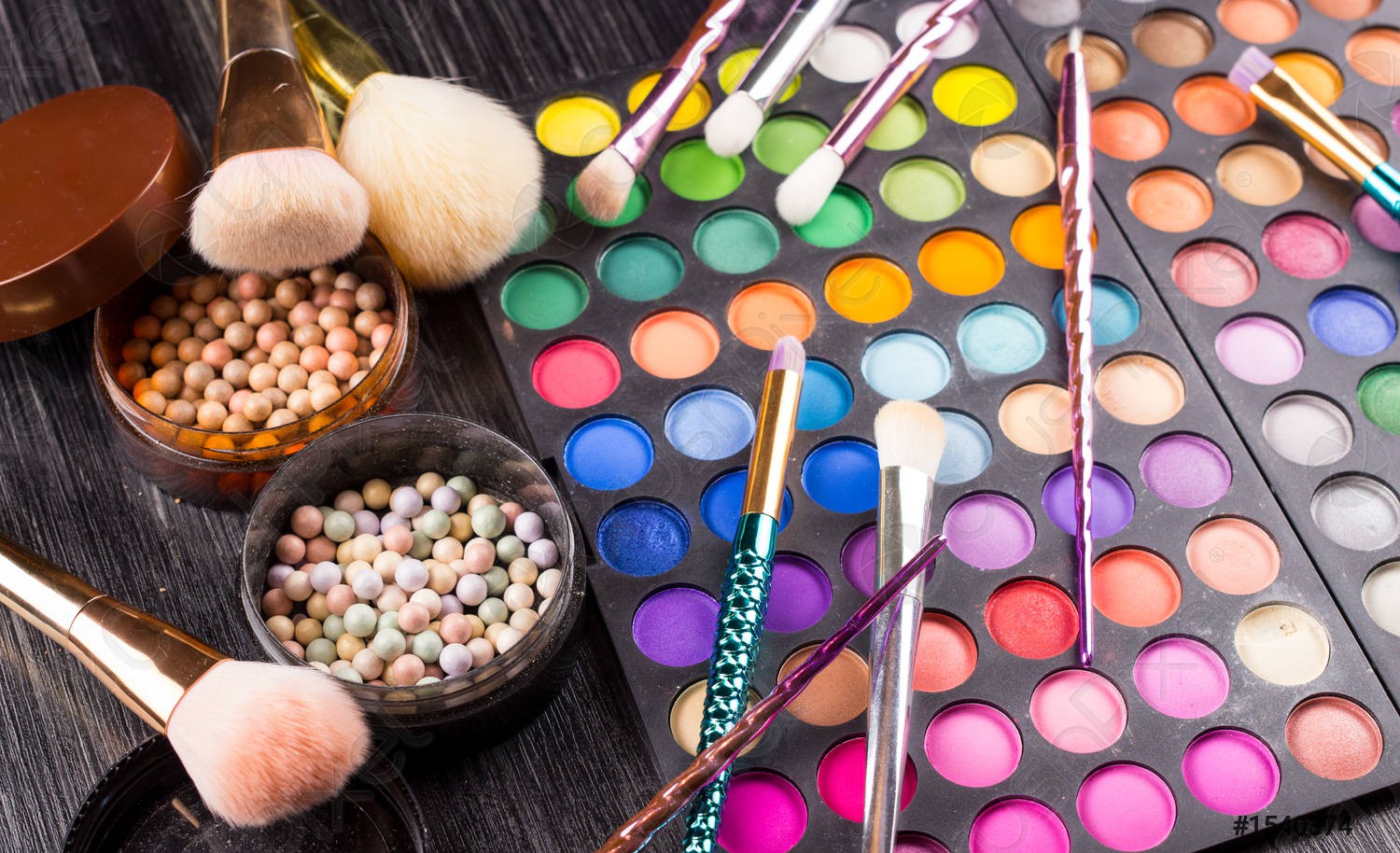
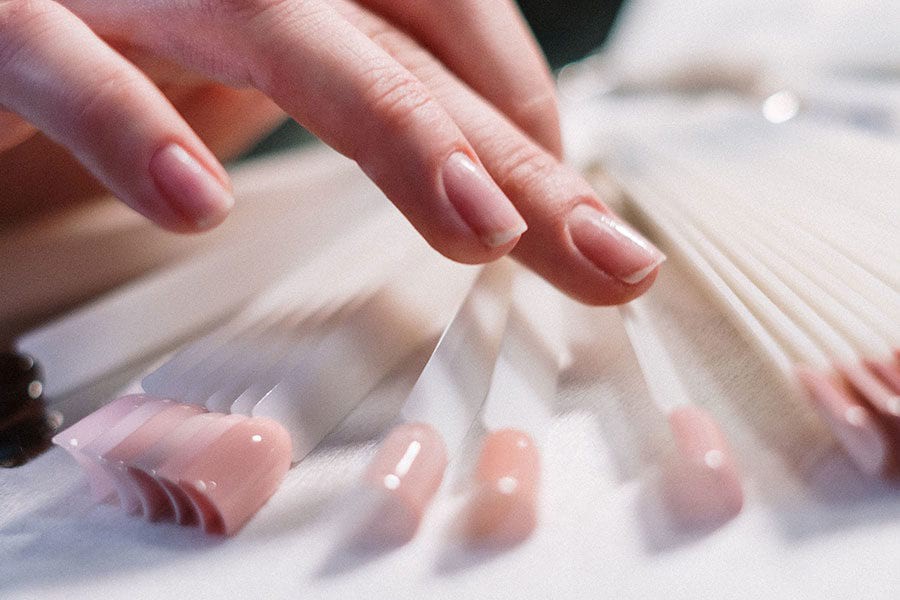
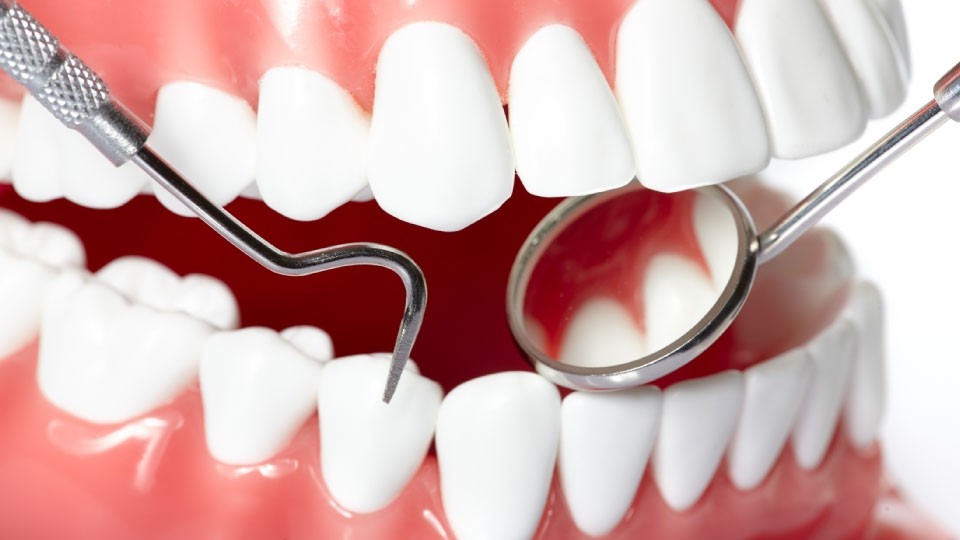
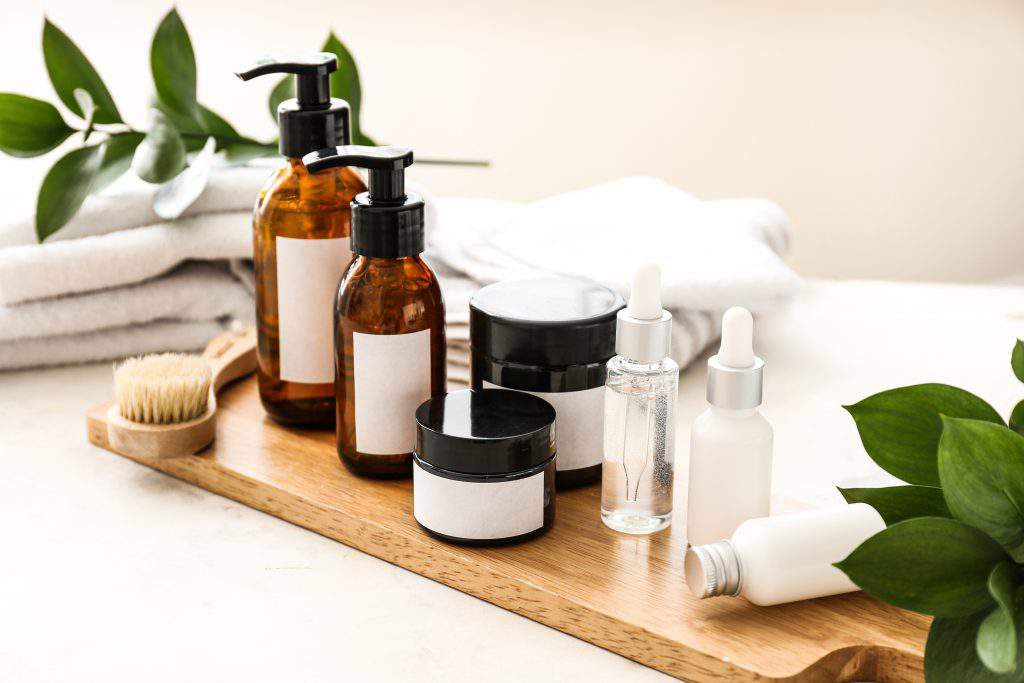
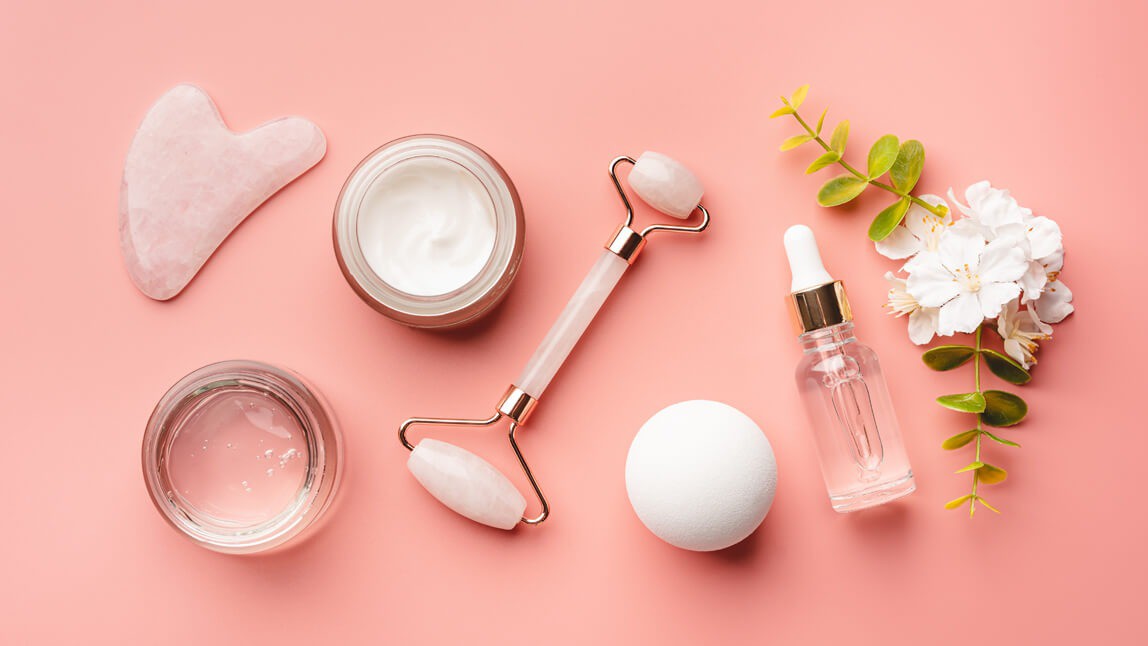
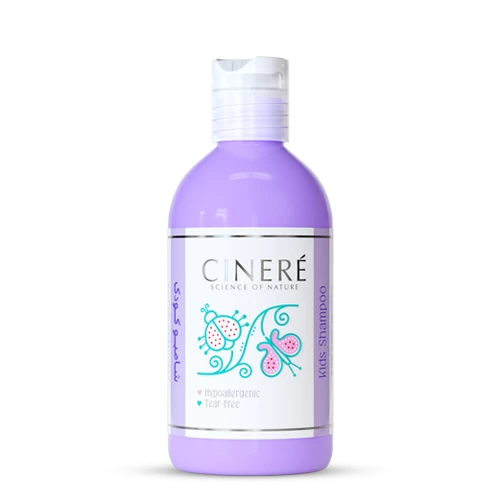

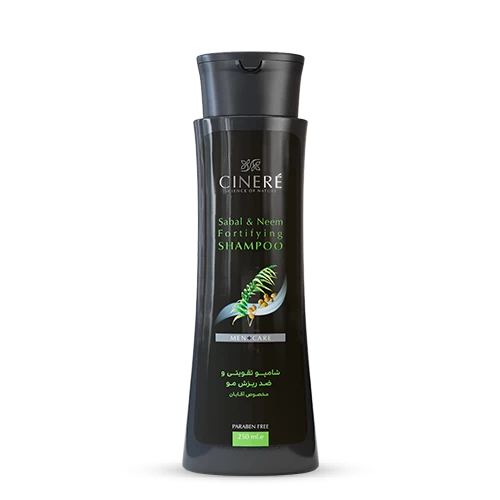
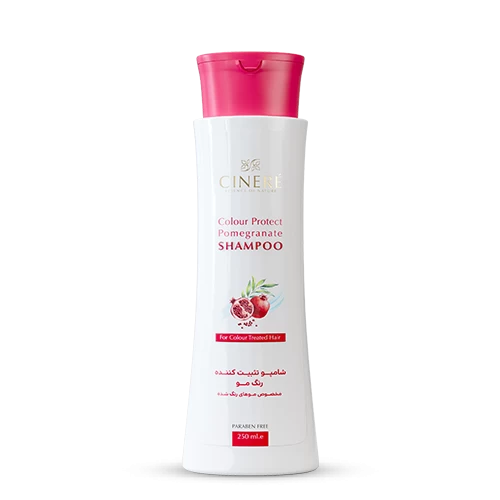
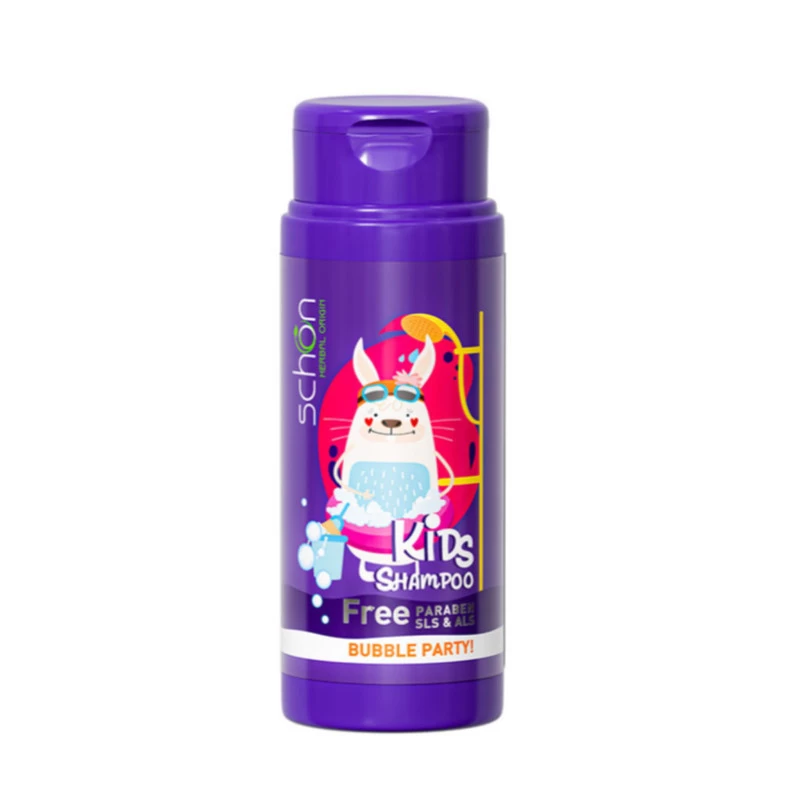
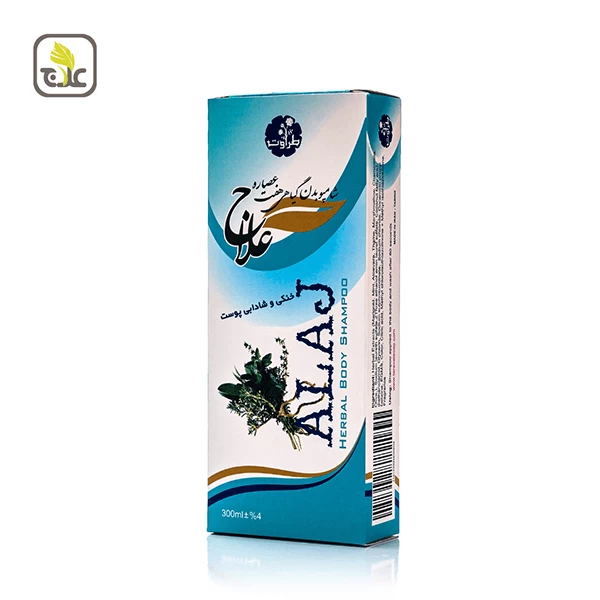
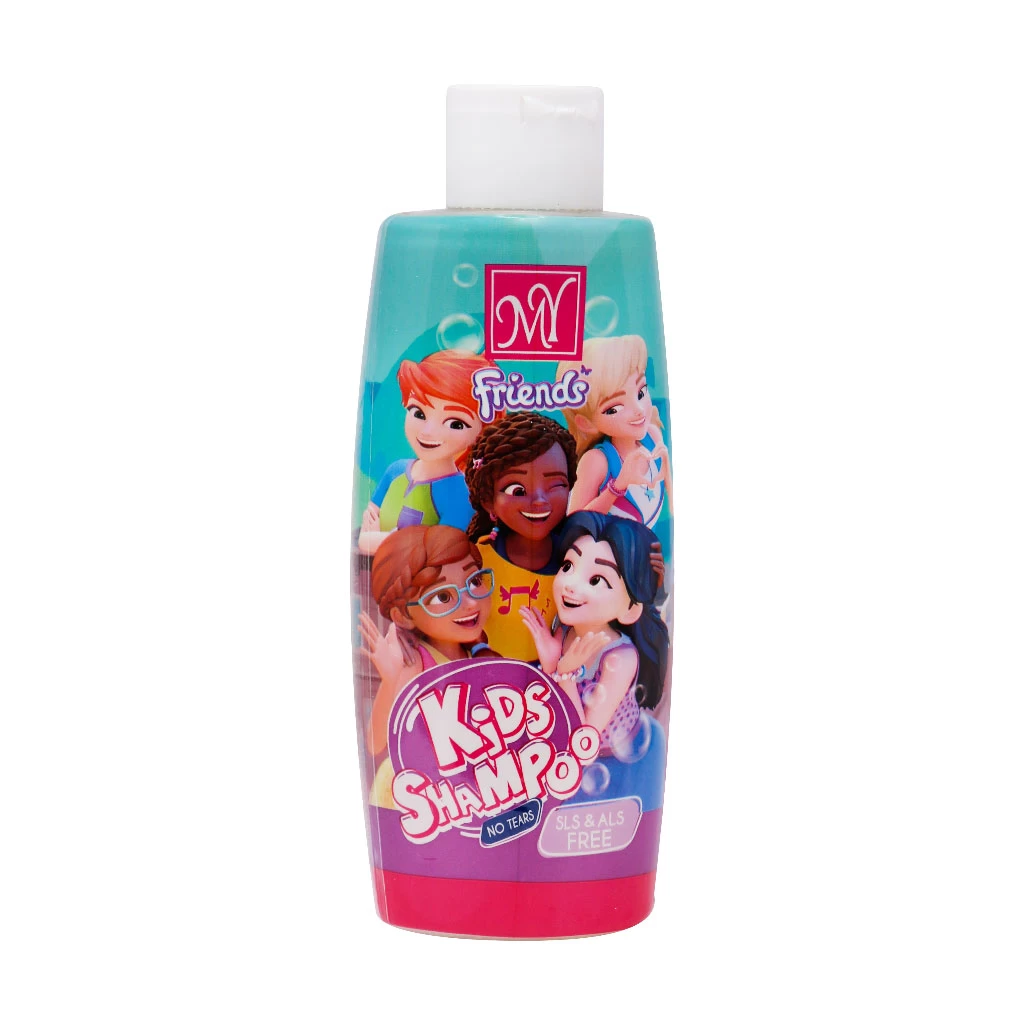
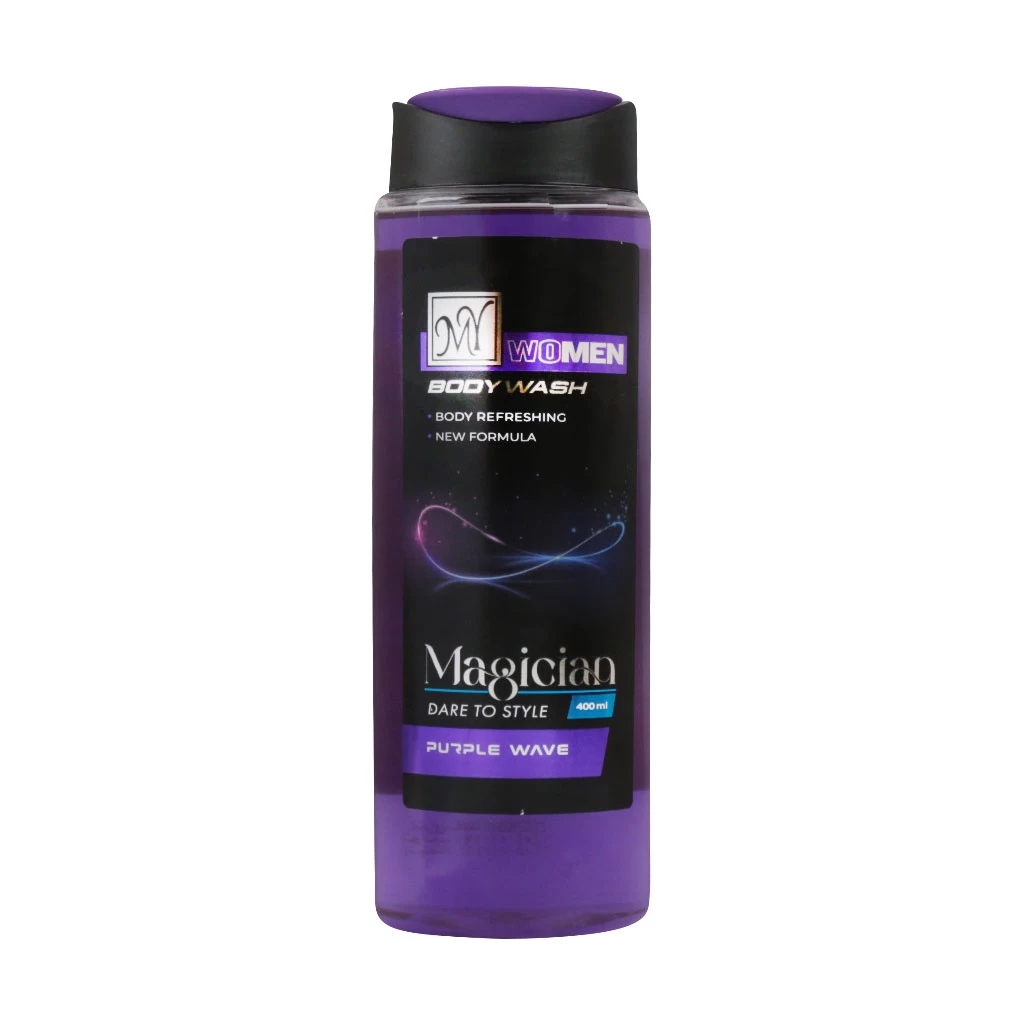
.webp)
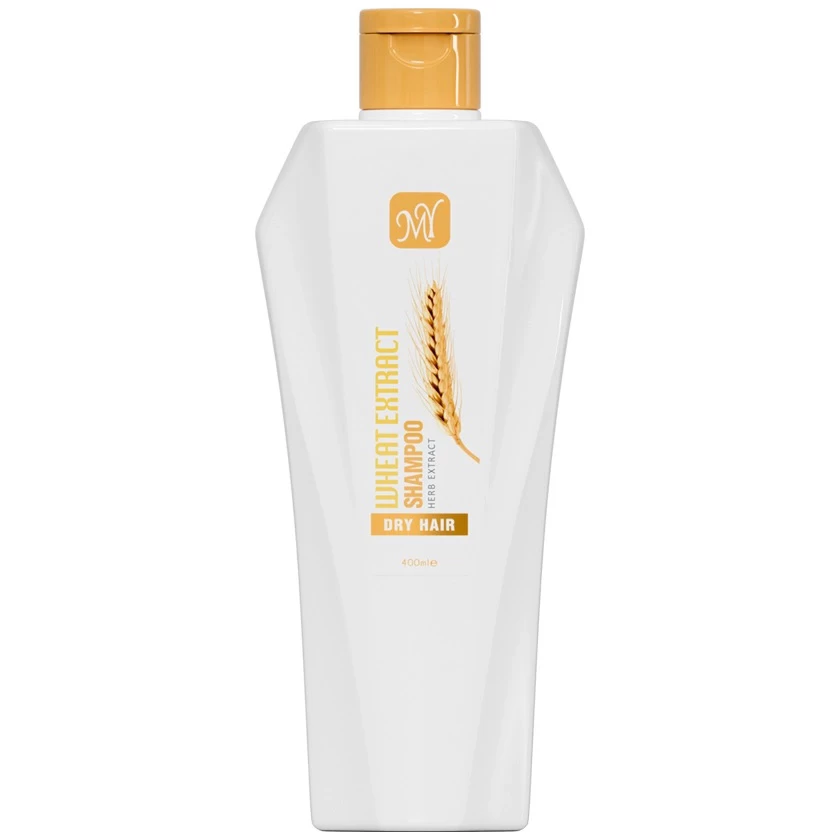
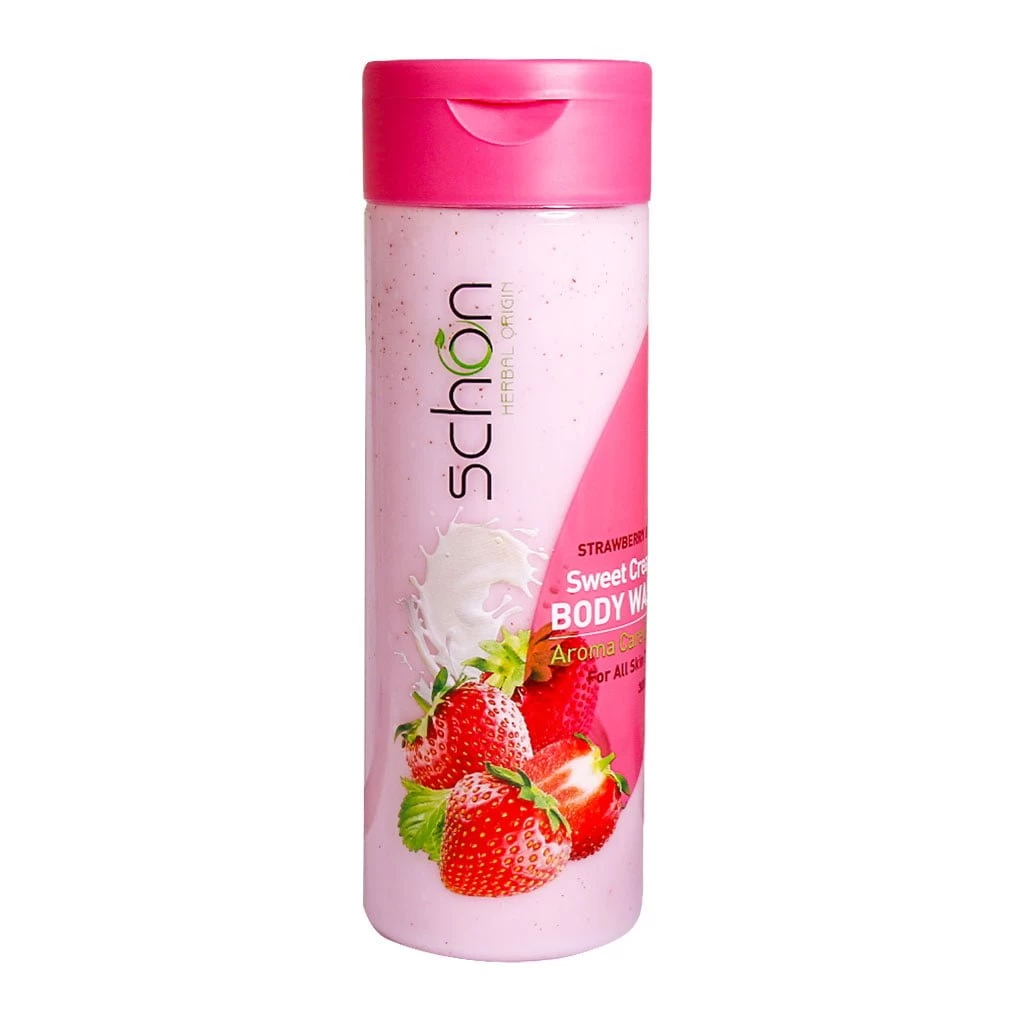
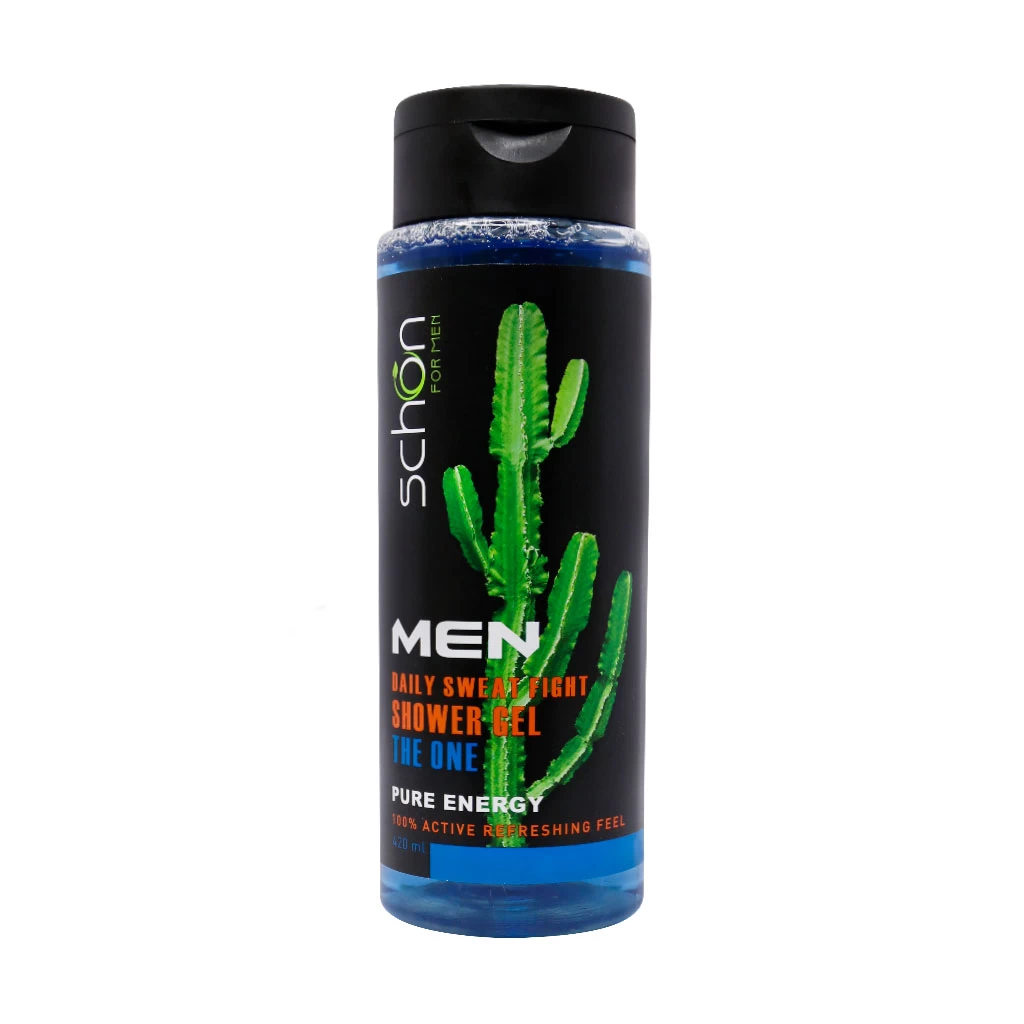
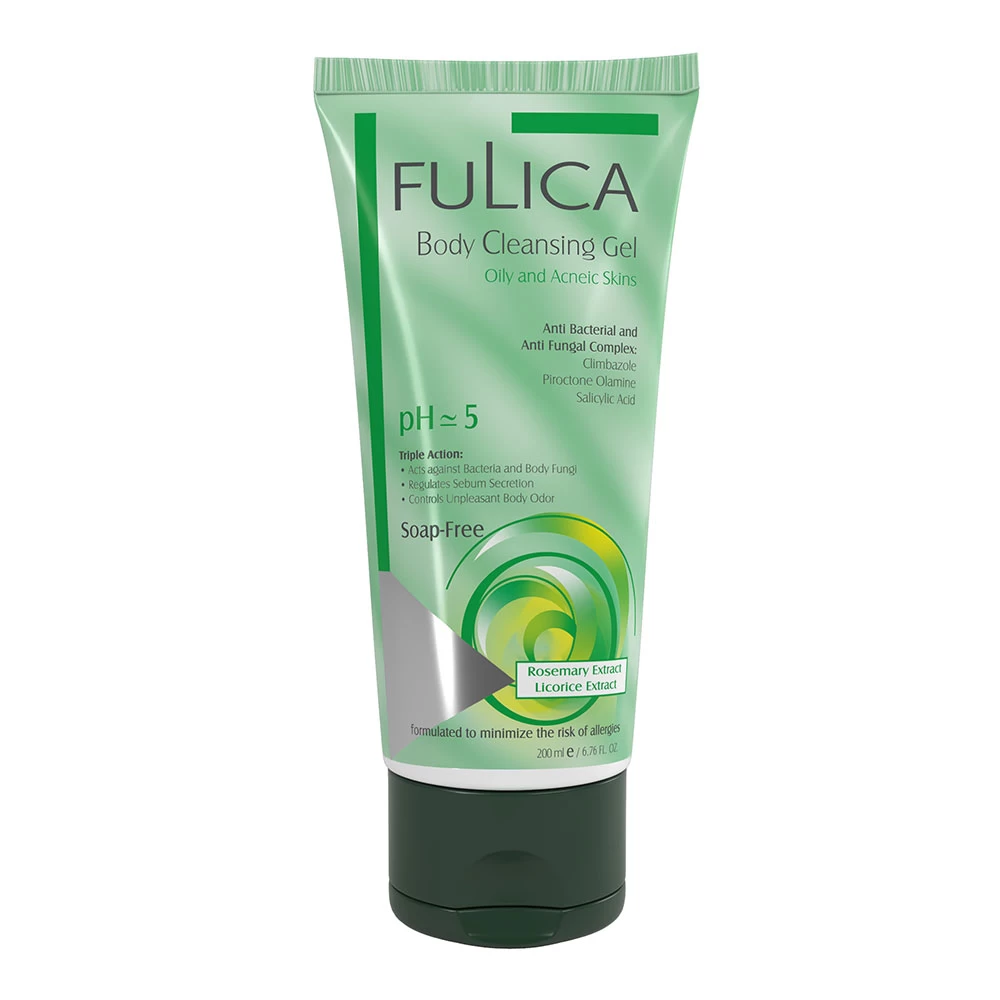
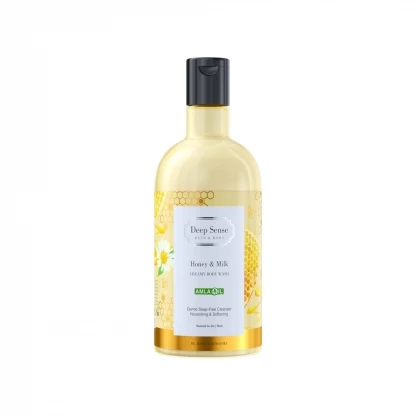
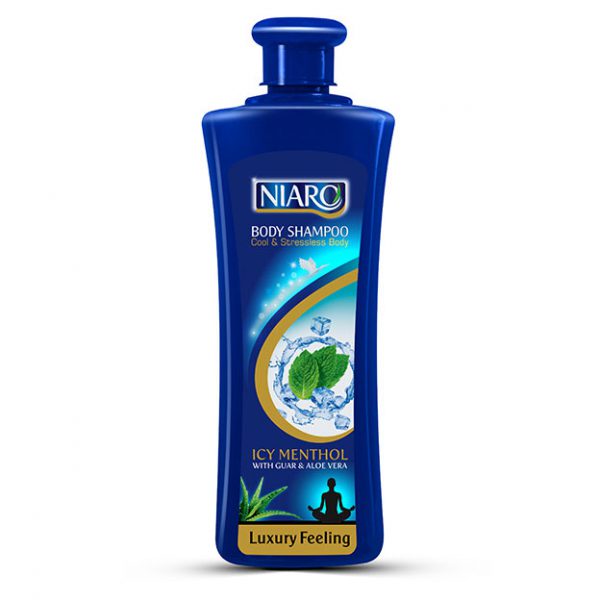
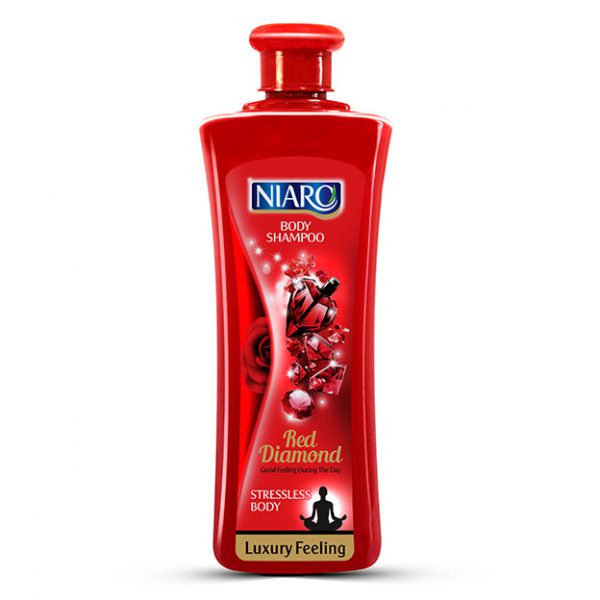
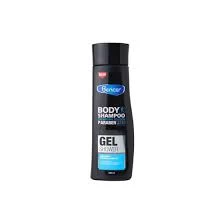
.webp)
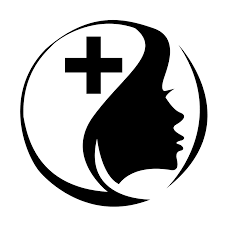
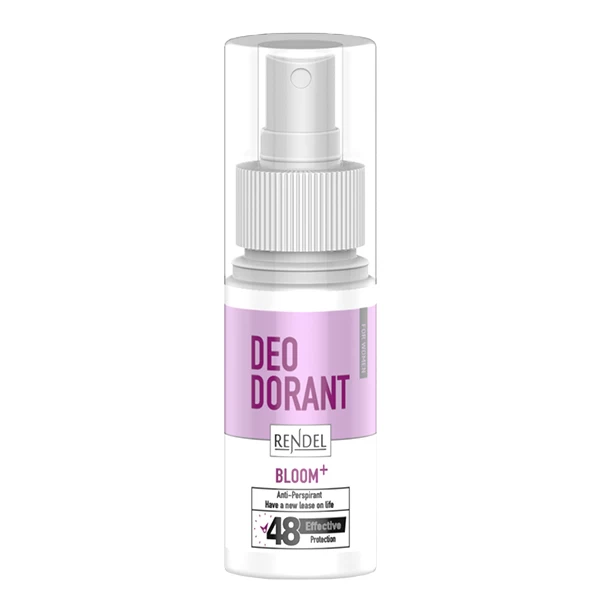
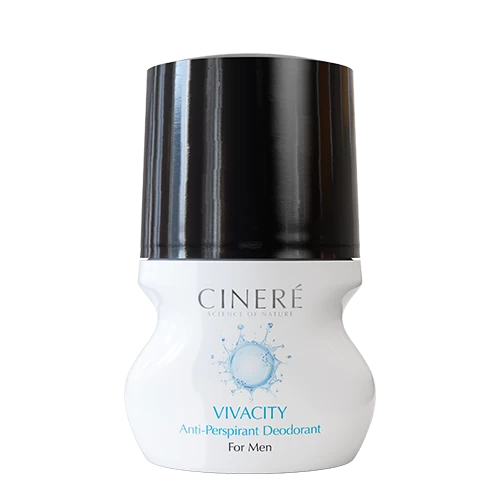
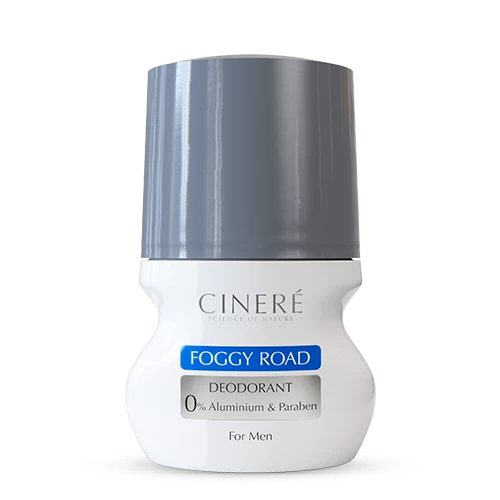
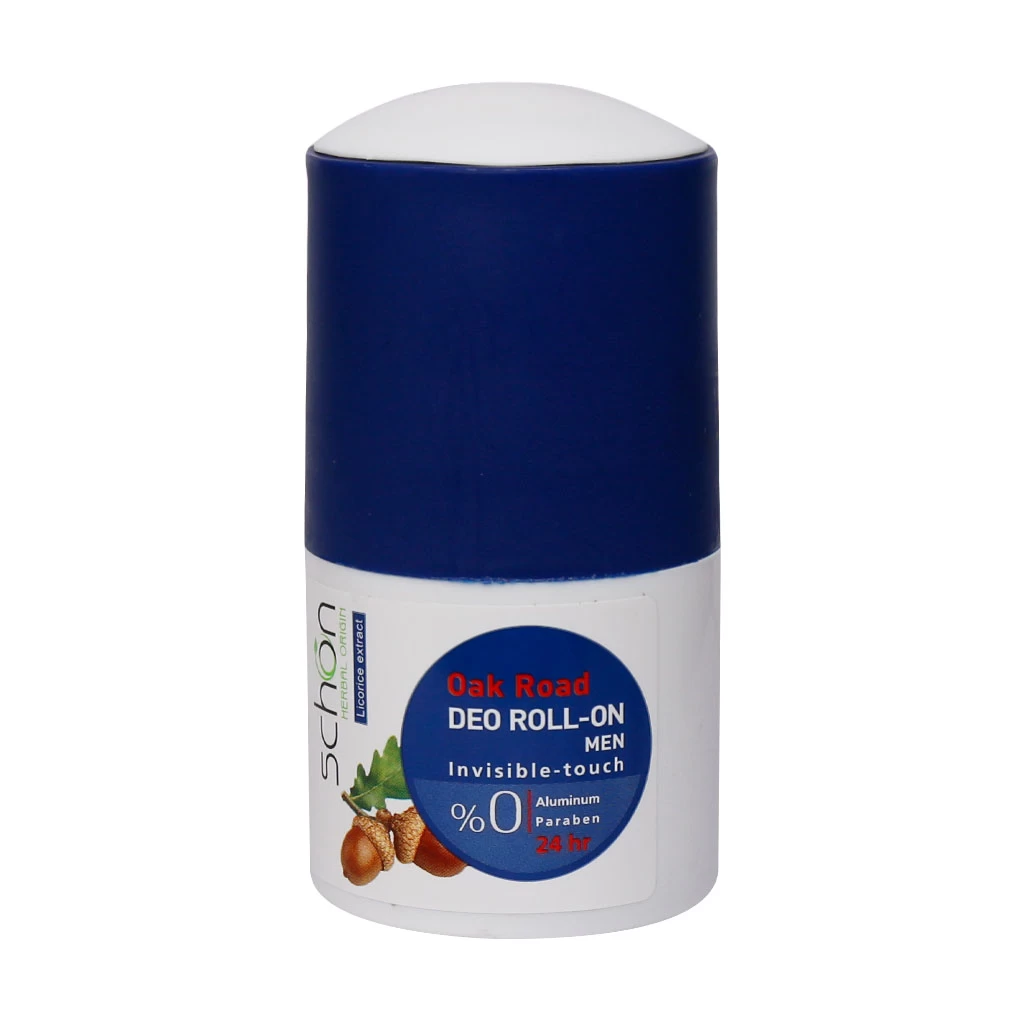
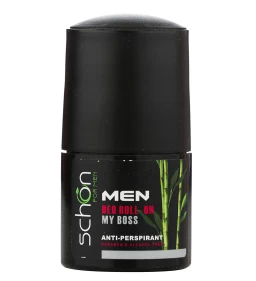
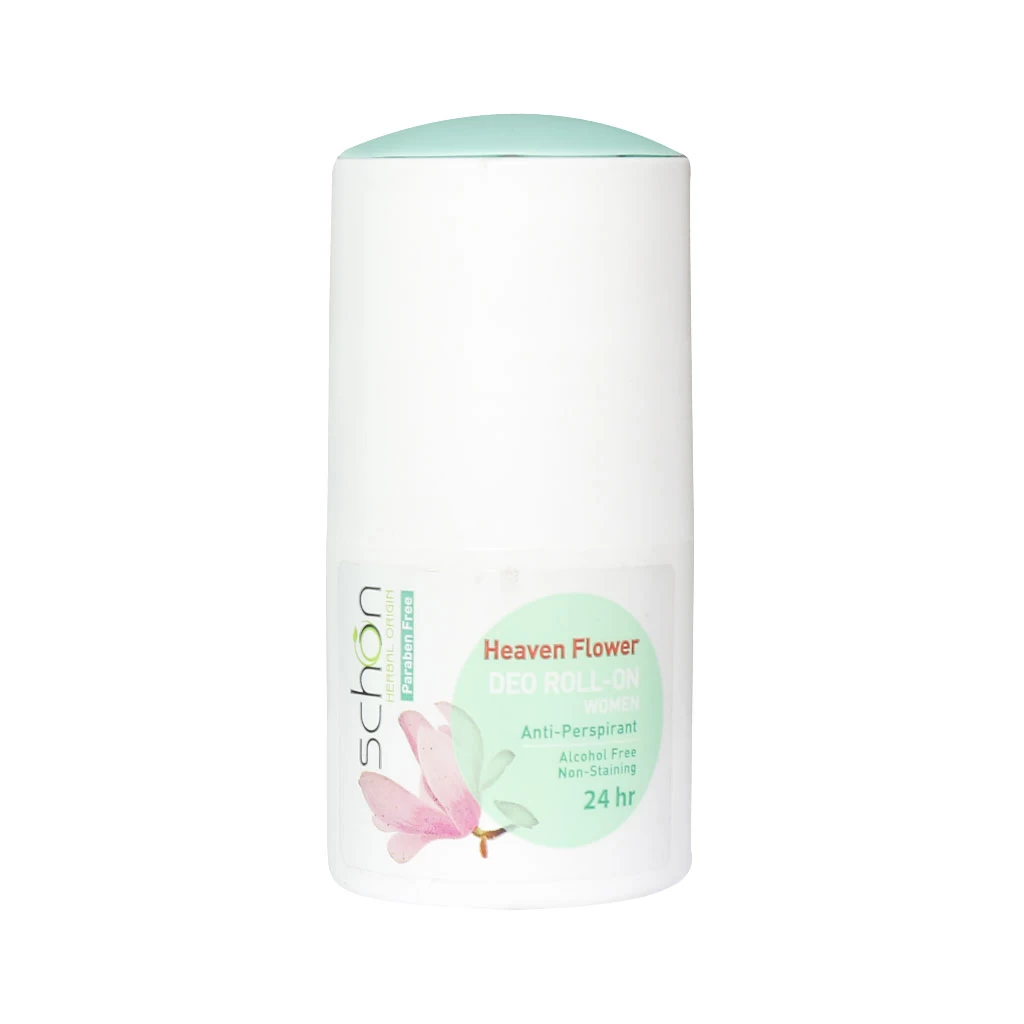
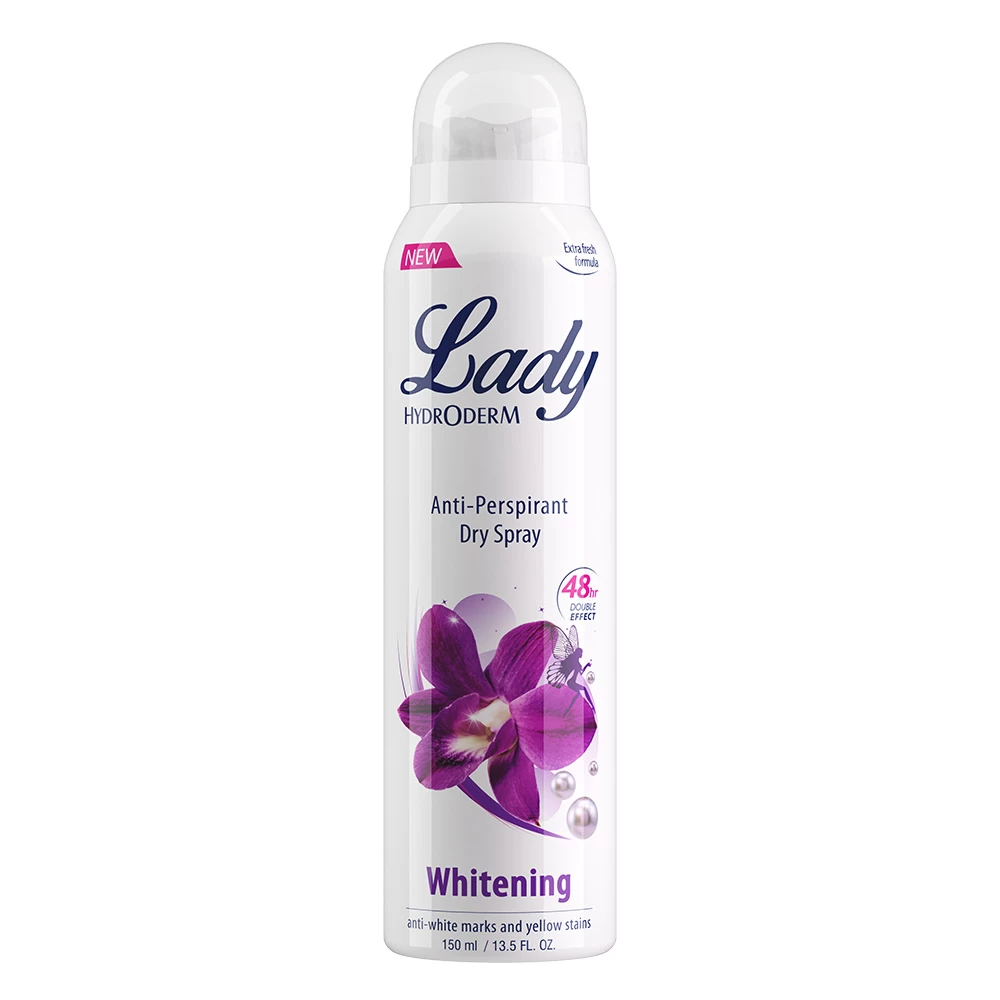
-2023112918339994.webp)
